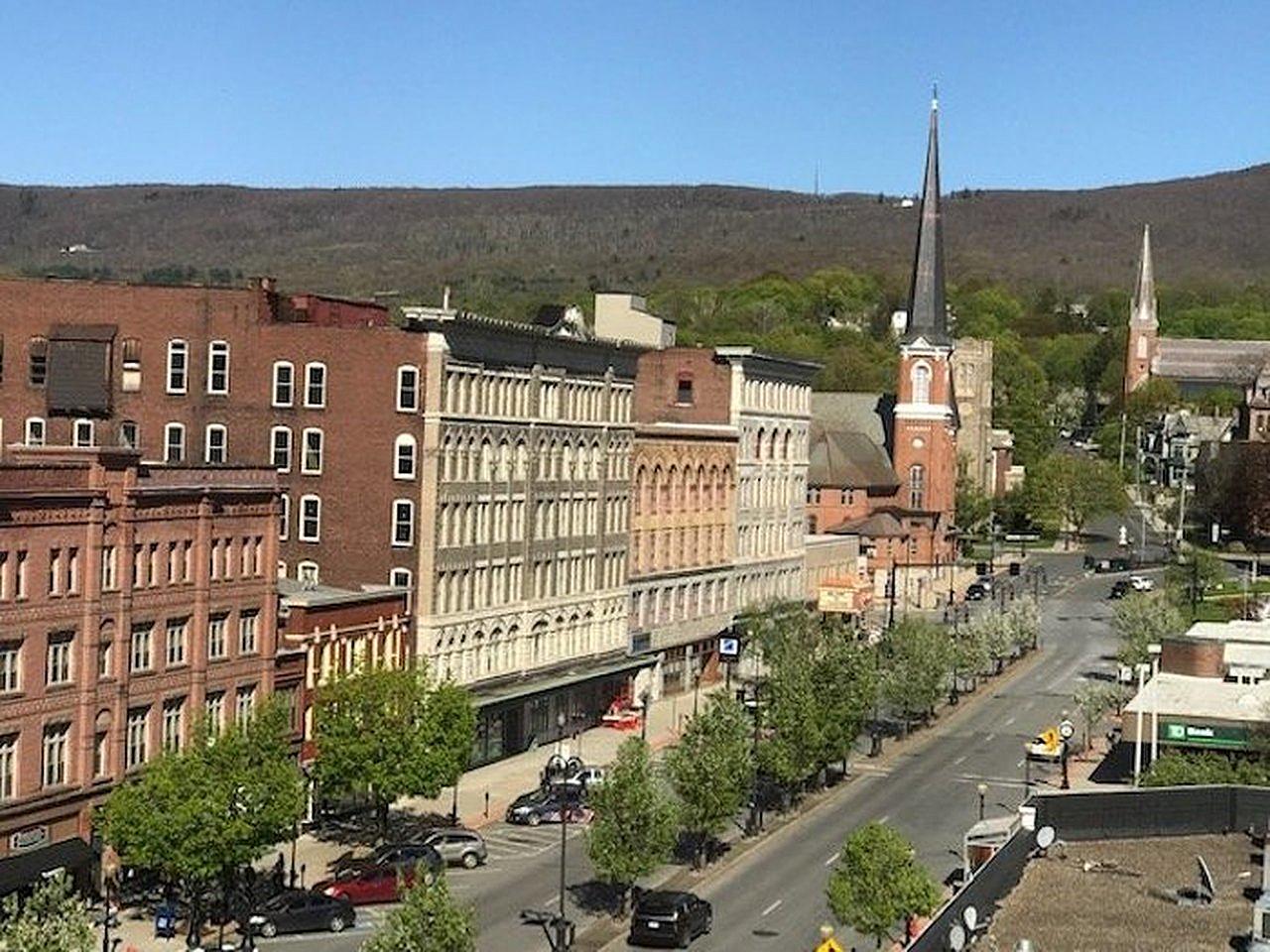The Poorest Town in Massachusetts: What You Need to Know About It? That is one of the primary reasons why Massachusetts has a stigma of affluence and opportunity and is synonymous with glittering cities, historic towns, and excellent educational organizations.
However, economic distress is also present in some areas despite overall prosperity and development. The state has a very high median income above most other parts of the country, but towns are not uniformly benefiting from the prosperity.
An example can be seen in one of the towns in Massachusetts, which has been declared the poorest town year in and year out. Economic inequality prevails even in developed areas.
Meet Springfield: The Poorest Town in Massachusetts
Springfield, found in the western region of Massachusetts, is so far the poorest town of the state.
Springfield is one of the largest communities in the state, with a population of over 155,000; however, the city also struggles with some major social problems, including higher rates of poverty and economic stagnation.
But how did this place with so much potential end up in such a terrible financial situation?
Economic Profile of Springfield
The median household income in Springfield is about $40,000, which is much lower than the $86,000 statewide average.
While the national average of poverty stood at 11.5%, the Springfield inhabitants hold a number greater than 27% below the poverty line. Higher than the national average, the unemployment rate of this city worsens its financial situation.
Although this does not mean that there are no opportunities in Springfield, the economic structure of the city reveals systemic disparities that many citizens have been unable to break free from.
A combination of a number of factors has made this difficult situation worse, including deindus trialization, a bad labor market, and education inequalities.
There is still an opening in the regional economy that remains unfilled today because of the relocation or collapse of the industries which had always provided a basis for the city, especially manufacturing.
Education and Its Part in Economic Fights
Education is another key factor in understanding why Springfield has financial problems. Among the major issues threatening the public education system in the city are under funding and low graduation rates.
Only less than 20% of the inhabitants of Springfield have a bachelor’s degree, while 44% of people statewide have reached this level of education. The lack of higher education puts many families in a cycle of poverty and denies the inmates access to highly paying jobs.
The road to economic improvement through education is a long one, even though efforts are underway to address the flaws in education, and even new initiatives have been presented to raise literacy and increase graduation rates.
The economic difficulties of the community prove a tough hurdle for the younger generation to overcome when there is not a firmer educational footing.
Impact on Families
Springfield families fight on a daily basis to make ends meet. For survival, a lot of people depend on government support programs like food stamps and housing subsidies.
Additionally, there is a shortage of affordable housing, and low-income families are already struggling financially due to the rising cost of living.
Basic needs often supersede long-term financial goals, making the dream of homeownership or a college education seem more like a pipe dream for some.
These financial challenges take a particularly painful toll on Springfield children growing up. Their development and prospects for the future may be derailed by the hurdles they face in getting quality education and out-of-the-classroom experiences.
Child poverty correlates directly with decreased educational achievement and increased health risks, which in turn create a vicious circle that can only be broken with major intervention efforts.
Prospects for Improving Springfield
Even though Springfield is facing many hardships, it has a number of advantages. Its history is very deep, and might give it a foundation to grow upon; in addition, Springfield hosts many historical and cultural institutions, including the Hall of Fame for Basketball.
The city has also been an area of several economic development projects to boost its economy. The MGM Springfield Casino, for example, was meant to increase employment and tourism when it opened in 2018. It is still untested over the long run.
The downtown of Springfield has been renewed with new establishments, housing projects, and public areas to attract investment and strengthen the local economy.
Though encouraging, much more has yet to be done to help Springfield escape poverty and raise the standard of living among its citizens.
The Road Ahead
The fact that Springfield is the poorest town in Massachusetts serves as a reminder that even in the most industrialized states, there is economic inequality.
Cities like Springfield still face the effects of industrial decline, poverty, and educational hurdles, while Boston and its suburbs benefit from a thriving tech sector and universities.
There is promise for Springfield’s future, though, if education, job creation, and community development are given more attention. The city has a solid foundation for reconstruction because to its rich history and strong sense of community.
However, until major social and economic reforms are executed, Springfield will likely continue to experience the economic hardships that have led it to become the poorest town in Massachusetts.
Conclusion
The experience of Springfield has been a metaphor for more pressing economic challenges that most American cities experience. It goes on to narrate the fight to get out of poverty, problems of education, and industrial decline.
But it is also a story of resilience and the potential for improvement, if one is provided with the proper environment.
Springfield can alter its destiny and no longer be considered the poorest town in Massachusetts by addressing the root causes of poverty and investing in the community.


 by
by 




